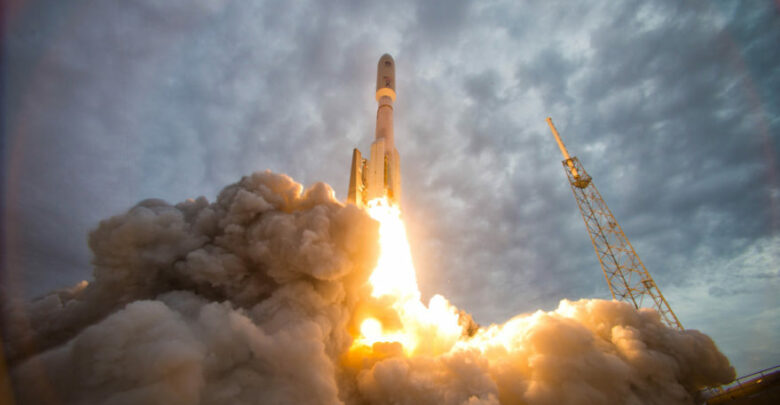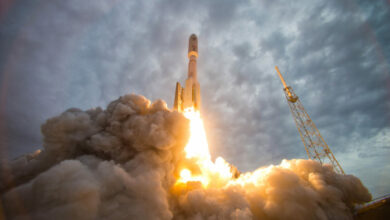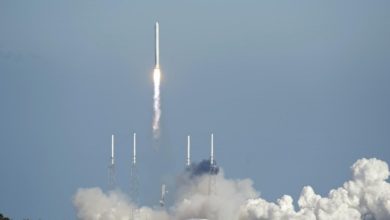Science
China Launches Sudan’s First-Ever Remote Sensing Satellite Aboard Long March-4B Rocket

Sudan’s first-ever satellite has been launched by China, the African country’s governing council announced on Tuesday. The remote-sensing satellite will conduct research in economic, military and space technology.
“The satellite aims to develop research in space technology, acquire data as well as discover natural resources for the country’s military needs,” a statement issued by the council said, reported Aljazeera.
General Abdel Fattah al-Burhan, who heads Sudan’s sovereign council, announced the news during a meeting with his top security officials in Khartoum.
Sudan’s remote-sensing satellite, SRSS-1, was developed by the Shenzhen Aerospace Oriental Red Sea Satellite Co. It was launched aboard China’s Long March-4B rocket along with other Chinese satellites including Gaofen 7, Xiaoxiang-1 08, Whampoa 1 from the Taiyuan Satellite Launch Center in northern China.
The Sudanese satellite has been mainly designed for civil and military remote sensing over Sudan. It aims to advance research in space technology. Its main objective is to acquire the required data as well as discover natural resources for the country’s military needs.
The data collected from the help of the satellite will be used in developmental planning, exploration of natural resources, environmental monitoring, agricultural monitoring, and yield estimation and public security (intelligence) and defence applications.
The satellite aims to generate a comprehensive, cost-effective and reliable database on the topographic, mapping and natural resources of Sudan.
Mohamed al-Fakhi Sulaiman, the spokesperson of Sudan’s ruling body, said the satellite would be monitored from Sudan in a few months.
“China launched the satellite as it is a partner in this project,” Sulaiman said.
Sudan has been involved in a national space programme for decades. In 2013, the former President Omar al-Bashir’s government had set up the Institute of Space Research and Aerospace (ISRA) as part of an overall plan to develop space technologies.
Now, Sudan aims to establish a space industry in its territory by owning its first satellite and developing ground facilities in Khartoum North.






